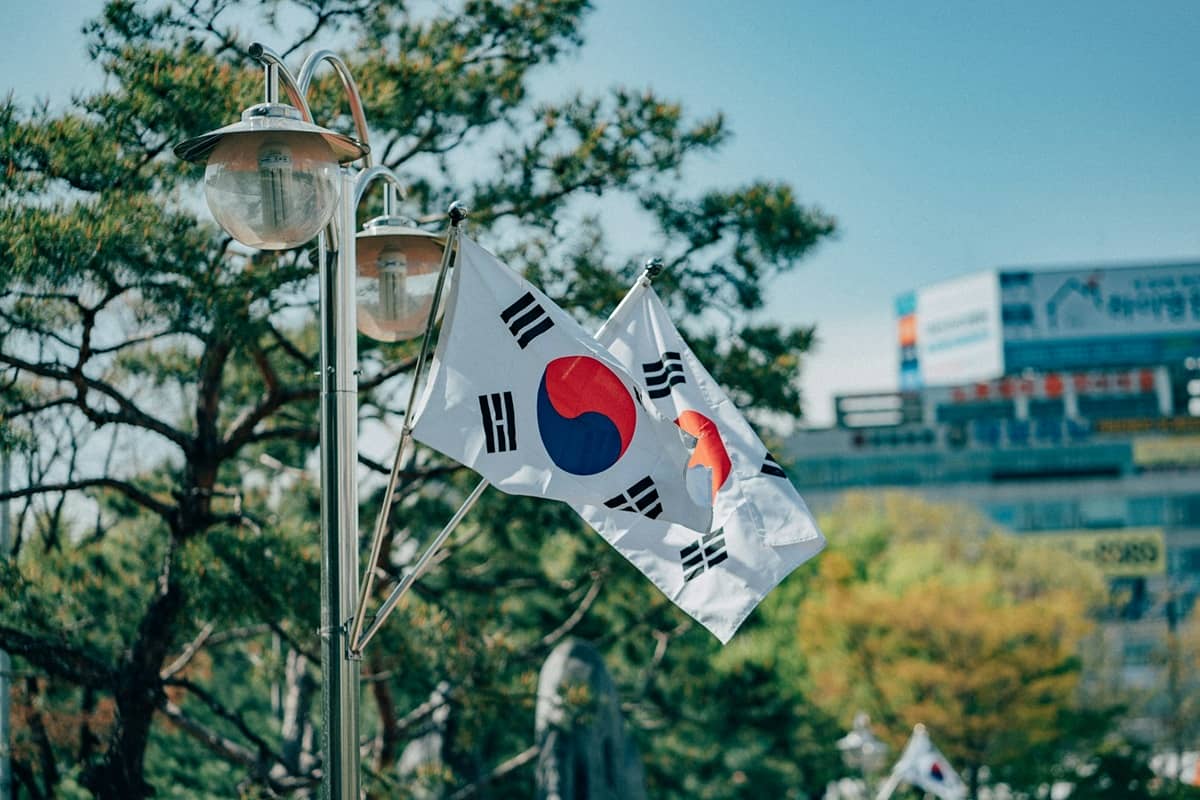South Korean President Yoon Suk Yeol said on Tuesday, April 9 that this country is investing 9.4 trillion won ($6.94 billion) in artificial intelligence.

The mentioned funding will be aimed at developing the mentioned country’s AI industry by 2027. Currently, South Korea is seeking to strengthen its position in the global ranking of leaders in the sphere of advanced chip manufacturing.
Seoul also intends to establish a separate fund to provide foster to companies that produce semiconductors with artificial intelligence. For this purpose, the South Korean leadership will allocate financing for 1.4 trillion won. The mentioned fund largely reflects the country’s intention to ensure its competitiveness in the advanced technology sector. South Korea strives to meet the main and most important trends in the semiconductor industry. The country also intends to fully compete with Japan, China, and the United States. Washington, Beijing, and Tokyo are currently providing significant political support to strengthen semiconductor supply chains in their territories.
For the South Korean economic system, semiconductors are the main structural component, which is focused on external supplies. In March, exports of corresponding products amounted to $11.7 billion. This indicator is the highest in the last 21 months. Semiconductor exports accounted for almost a fifth of South Korea’s total foreign shipments in March. The relevant information was released by the Ministry of Trade, Industry and Energy of the country.
Yoon Suk Yeol says that the current configuration of competition in the sphere of chip production is comparable to an industrial war and an all-out war between nations. He made the corresponding statement at a meeting of policymakers and executives of the area microcircuits on Tuesday.
By investing in the artificial intelligence industry, Seoul plans to significantly scale research and development in the sphere of AI chips. In this case, it means products such as artificial neural processing units (NPUs) and next-generation high-bandwidth memory (HBM) microcircuits. The concerning information is contained in the statement of the Government of South Korea.
Seoul also stated its intention to promote the development of artificial general intelligence and safety technologies that go beyond existing models.
Yun Sook Yeol is striving to make South Korea one of the three leaders in the designing of machine intelligence technologies, including chips. Seoul intends to achieve the goal of a 10% or more share in the global system semiconductor market by 2030.
It is worth noting that South Korea’s economy is currently the fourth largest in Asia.
Yun Sook Yeol, at a meeting on Tuesday, noted that for the past 30 years, the country has been the world’s largest player in the sphere of memory chip production. In this context, he noted that South Korea will write a new semiconductor myth with AI chips in the next 30 years.
Yun Sook Yeol also said that the impact of the earthquake in Taiwan, which occurred last week, on South Korean companies is still limited. At the same time, he ordered officials to prepare thoroughly in case of uncertainties related to the mentioned event. It is worth noting that Taiwan is currently the world leader in the sphere of semiconductor manufacturing. At the same time, this status is threatened by geopolitical risks. In the corresponding context, the main factor of potential negative impact is the consistent deterioration of the condition of the relationship between the United States and China. Against this background, Seoul and Tokyo are striving to actively develop homegrown chip production. Such measures as government subsidies and investments are used in the context of these efforts. In April, Tokyo announced the provision of subsidies worth up to $3.9 billion to the venture for making microcircuits.
Washington is also stepping up efforts to develop homegrown chip manufacturing. For example, this week, the leadership of the United States provided subsidies to Taiwan Semiconductor Manufacturing Company (TSMC) in the amount of up to $6.6 billion. This firm is currently building chip production plants in the United States.
Major memory chip manufacturers such as Samsung and SK Hynix are based in South Korea. HBM memory microcircuits are also manufactured in this country. The mentioned products are used in the equipment that is applied to ensure the functioning of artificial intelligence systems.
Currently, the market for machine intelligence chips is dominated by Nvidia. SK Hynix supplies HBM chips to this company.
Currently, semiconductors are what can be described as a basic element of the global economic system. Microcircuits are used in many devices. In addition to the already above-mentioned artificial intelligence systems, chips are components in cars and household appliances. Moreover, nowadays microcircuits are of particular importance as products used in the sphere of manufacturing weapons and defense systems.









